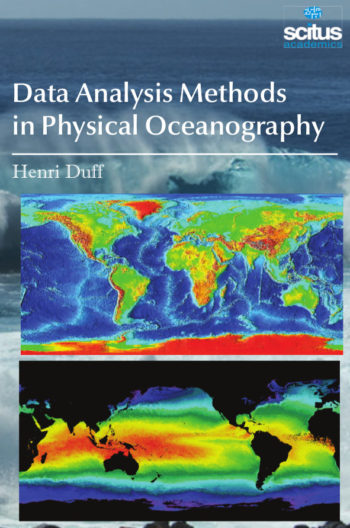Information on ocean currents, on ocean and coastal processes, and on major systems that drive the ocean currents are important to an understanding of the temporal and spatial distributions of radionuclides in the world ocean. Oceanography is important to study because the world’s oceans are critically important for sustaining life on Earth. Maintaining ecological balance in the world’s ocean helps insure we are keeping the world’s carbon levels in check. A large percentage of the world’s oxygen comes from the oceans. If ecological balance should get tipped in the wrong direction it could be detrimental to sustaining life on Earth. Also the oceans of the world are vast places whose resources are virtually untapped. The wind systems that drive aerosols and atmospheric radioactivity around the globe eventually deposit a lot of those materials in the oceans or in rivers. The winds also are largely responsible for driving the surface circulation of the world ocean, and thus help redistribute materials over the ocean’s surface.
Essentials Of Oceanography is concerned primarily with the physics of the ocean, approached mainly, but not exclusively, from observations, and focusing on the larger space and timescales of the open ocean rather than on the near-coastal and shoreline regions. The modern oceanographic research represents one of the last frontiers of the knowledge of our planet, it depends on the oceans exploration and so it is strictly connected to the development of new technologies. This book is intended to advance understandings of ocean systems from various aspects including physical, chemical, biological, geological oceanography as well as paleoceanography, etc.








